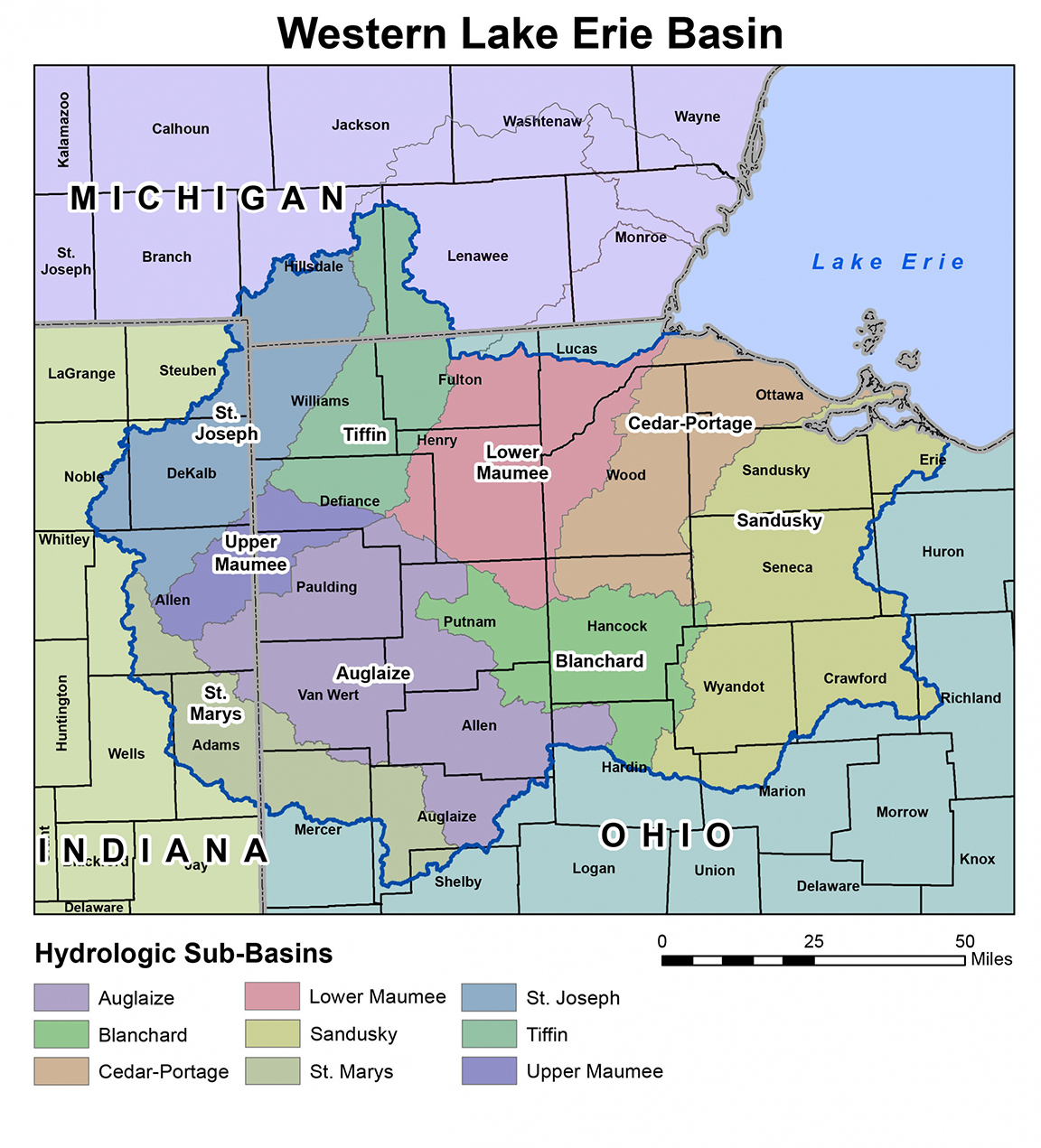Sustainable Supply Chains
As food companies and consumers demand more detailed accounting of the environmental footprint of their raw materials, stakeholders throughout the agri-food supply chain are working diligently to quantify and benchmark sustainability. CTIC is a partner in several initiatives to bring together participants from various points in the supply chain to develop metrics and processes that provide useful insight and fit into real-world, on-farm management systems.
Phosphorus Water Quality Trading Program in Western Lake Erie
Big Pine Watershed Water Quality Metric Trial
C is assisting Field to Market with a small-scale pilot of an improved water quality metric for Field to Market's FieldPrint Calculator. This effort will leverage relationships developed through the Big Pine Watershed project to collect farm management data and farmer feedback on the new metric.
Supporting Supply Chain Sustainability
CTIC recently began a new phase of a project funded by Iowa's Department of Agriculture and Land Stewardship. In cooperation with Practical Farmers of Iowa and The Nature Conservancy, CTIC is leading the development of a program that will train and incentivize retail agronomists to become advocates for conservation systems built around cover cropping. The project areas have been selected to leverage ongoing, privately funded supply chain sustainability initiatives.

